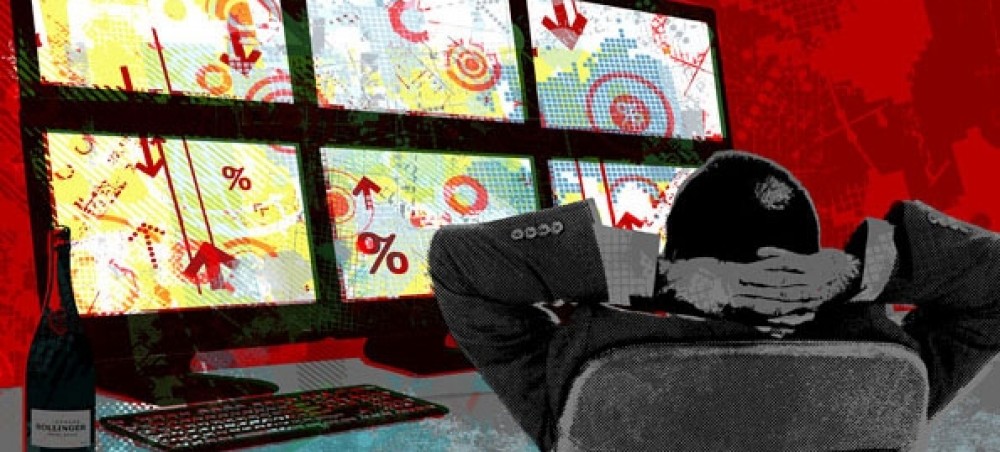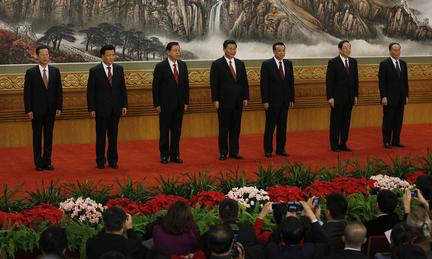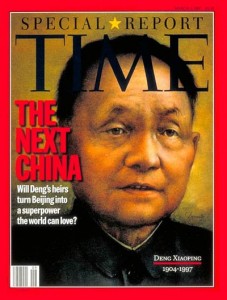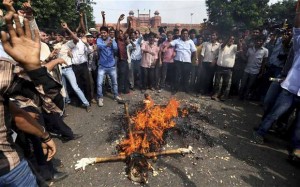IndiGo’s take off, and the business plan behind it.
The Indian airline industry is cutthroat. The top five airlines, Indian, Kingfisher, Jet Airways, IndiGo, and SpiceJet are in a constant fight for market share. The fierce battle escalated last year when India’s once top airline, Kingfisher fell from first place to last in a matter of months thanks to financial woes. Kingfisher’s drop created a vacuum, and allowed for an unassuming rival to take its place. IndiGo, the newest of the five swept into the number one position, and its executives say they owe their new found success to their rigid business plan.
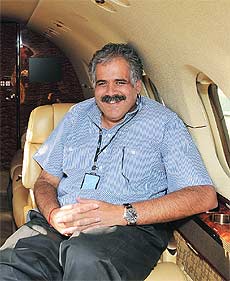
IndiGo’s founder Rahul Bhatia beat out industry veterans http://businesstoday.intoday.in/story/indigo-in-most-promising-companies/1/18666.html
IndiGo has stuck faithfully by a low cost model, something its competitors moved away from years ago. The airline offers the bare minimum in terms of services, but also the lowest rates. This appeals to the Indian markets as most travelers aren’t very well to do, and distances are fairly short. Clients don’t seem to care too much about the journey, but merely getting there safely.
The new leader offers just that. It boasts a record for the most on-time flights, and arguably the best safety rating in the country. IndiGo was also quick to move into routes abandoned by Kingfisher, as it added a staggering one plane per six weeks to its fleet.
First mover advantage clearly plays no role in the Indian airline market. Customers will go for whatever option is cheapest and ensures a hassle-free journey, and IndiGo has unmistakably gotten that down to a science.
Spark: Indigo Sticks to the Basics
